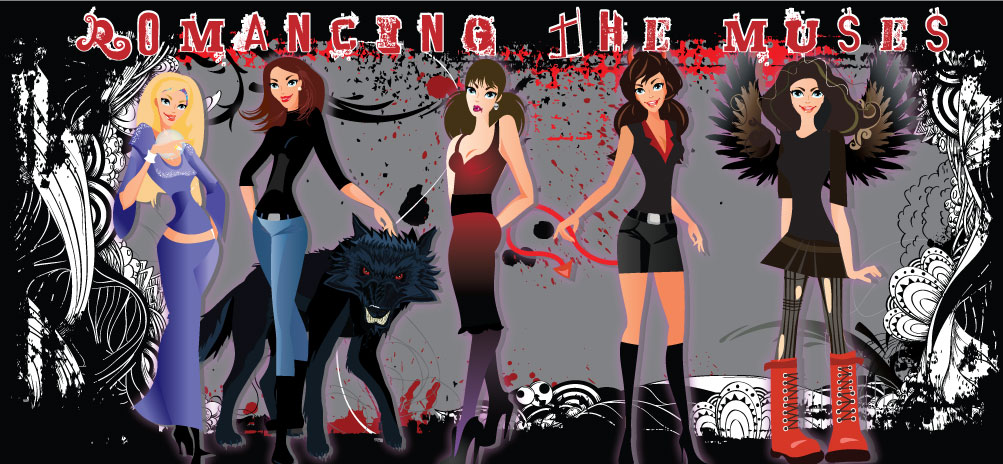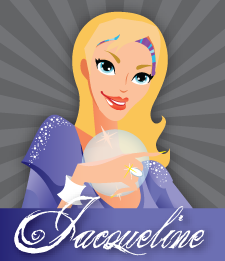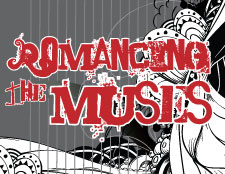It occurred to me that many times we’ve mentioned editing, proofing and polishing but there hasn’t been a great deal of pointers diving a little deeper into it. I am not fabulous at self-edits, so anything I suggest in this area I have learned the hard way in the last few years.
One thing to watch for beyond the spelling mistakes and comma mishaps is over using the same words. It might seem completely necessary to use the word ‘smile’ as often as you do or ‘look’ while you’re writing the story but when it’s finished it distracts or possibly bores the reader to see the same words close together.
A quick way to check for this in MSWord when going through your manuscript is to do this:
Click Ctrl F and then type in your word.
Put a check in the box that says “Highlight all items found in:”
Click <More>
Check the box that says “Find whole words only”
Click <Find All>
Choose a highlight color on the top right of your menu.
Close your Find box and look through your document to see how often you have used the same word.
I was completely thrown the first time I did this. After proofing the ms ten times I thought surely I’d found all the words that appeared too often. I was wrong.













